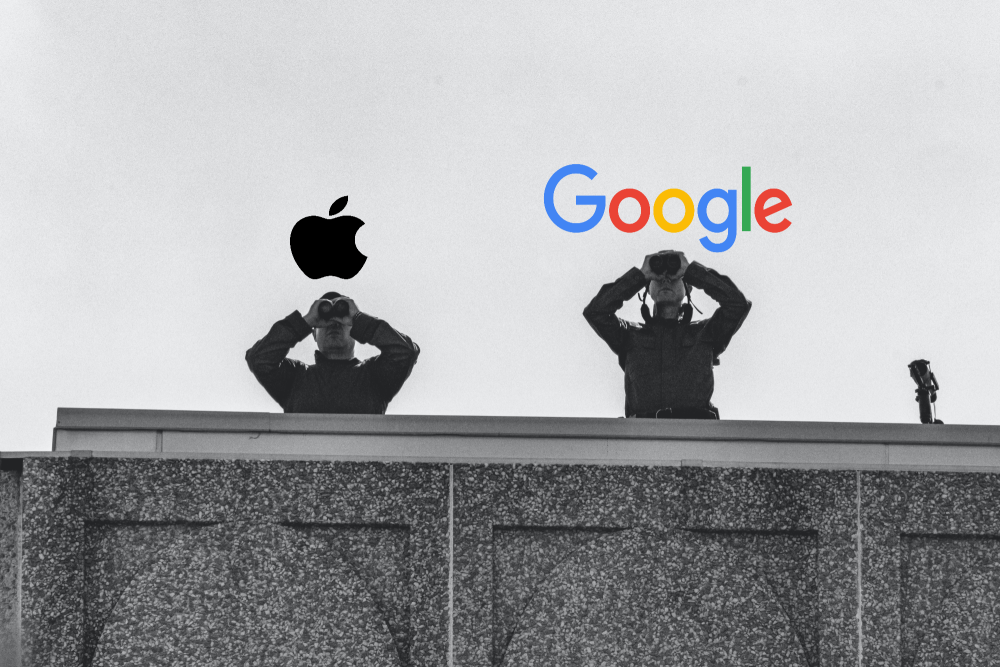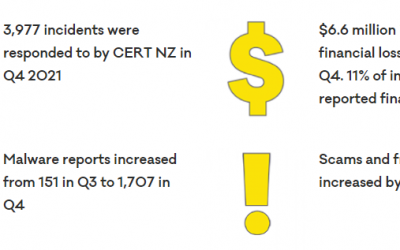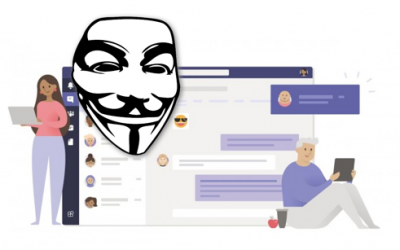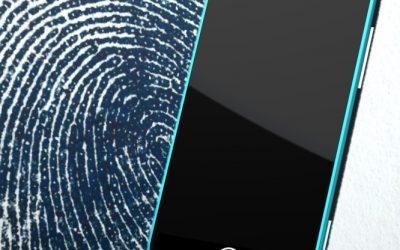Your own personalised stalker
It always seemed slightly creepy that your computer shows advertising that is strangely accurately targeted at things you might have been interested in. On the surface, that seems quite useful. If you have to tolerate ads on your screen, at least having them show things you were interested in seems helpful.
Instead, we wonder how the system knows. It feels like a breach of our privacy.
It all starts when you install an app, and it pops up a question asking for permission to use your location, and/or your camera and/or your microphone.
This is useful for advertisers. For example, they can use your location. If the app reports this back to the content provider, they can match up your location and compare you to other people nearby. If you tend to go to the same places as other people, you are probably interested in the same things, so an advertiser might use that assumption to present advertising to you, or other people that you spend time with.
That does sound a bit overreaching, but we reluctantly agree to the presented terms simply because we want to use the app. If that is a condition of use, and we want to use the app, then we agree.
So, now we are seeing consumers getting the choice to push back.

Apple
Now, with iOS15, Apple are saying that you will get to see what apps are accessing your data. You will be able to see when an app used that permission, and there it was sent to. Whether that list of third party sites is any use or not is meaningful is unclear.
Not quite as advanced but following quickly behind is Google Android. With Android 12, you will have the option to de-personalise your data. They will still track usage, but won’t link it back to you.
Is there any truth to the rumour that your phone or TV is listening to you, and presented content based on private conversations it overhears?
Given how poor the voice recognition is on phones , cars, or tools like Alexa or Siri, its pretty evident this can’t be reality. If it, is, then heaven only knows what it thinks it’s hearing. The voice recognition tools are getting better all the time, but there is a long way to go.
Hot off the press – we have just received CERT NZ’s report for the last quarter of 2021
So, just a quick reminder of who CERT NZ are – it’s the official NZ Government Cyber-Security agency. So, first up – 13% increase in reported incidents on the previous year and a big spike into the last quarter. 9% more phishing attacks. 24% more malware, based on the...
When hacking can help.
Ukraine is pretty well known for tech innovation. In fact it was worth $US6.8 Billion last year Ukraine’s Booming Tech Outsourcing Sector at Risk After Russian Invasion - WSJ. On top of that ‘legitimate’ work, Ukraine has also been home to some of the...
Sigh! How dumb and immoral can hackers get?
You can only sigh! We are witness astounding bravery and inspirational leadership in the Ukraine. We are watching the unfortunate abandoning everything they have built up to become refugees as they flea the dangers. The world is heartbroken. But amongst us there are...
Latest trend – hacking Teams
Over a quarter of a billion people use Teams every month. Under the current lockdown/isolate/work-from-home regimes, it is a vital tool for most of us. Many organisations including us even use it for our phones because it is so flexible and excellent value. You can...
2021 Trend Reports confirms cyber-security advice
How many people DON’T report ransomware attacks? It’s too early to see the Q42021 results from CertNZ but their Q3 report tells there were 2,072 incidents that they responded to in Q3 and fraud/scam’s were up 25%. Their report confirms that the very risks we have been...
Hackers Caught! Millions Seized
Crime doesn’t always pay. The FSB reports (if you can read Russian) that they have taken down the “Revil” band of hackers. These are the people that have caused absolute havoc, from disrupting the US oil pipelines, to the Kaseya attack that took out businesses all...
Do you need to worry about the “Log4J” Cyber Security Zero-Day breach?
Mainstream media is abuzz with the latest software vulnerability. It is in a commonly used component called Log4J 2. This component is in widespread use and the risk is real. This is a fast paced and quickly changing alert. At the time of writing, the immediate...
What’s worse than having to pay Ransomware?
The answer : Having to pay it twice - (or even more). Your Cyber-Security is under more pressure than ever. According to Infosecurity magazine, "double" extortion ransomware victims are up a massive 935% - thats a ten-fold increase year-on-year. This is driven by the...
“Phishmas” – its not that punny
Whatever it takes to draw your attention to Cyber Security is worth it. Just because we take time off at Christmas doesn't mean the hackers do. They have taken a lot of heart from the way we have all embraced home-delivery for our shopping and are doubling down with...
Is your Fingerprint effective security?
Straight out of the movies We are all used to the idea of using our fingerprints to log into our cell phones and, for some of us, our laptops. We’ve been told fingerprints are secure, and effective for ‘biometric authentication’ In the movies, we see finger prints...










